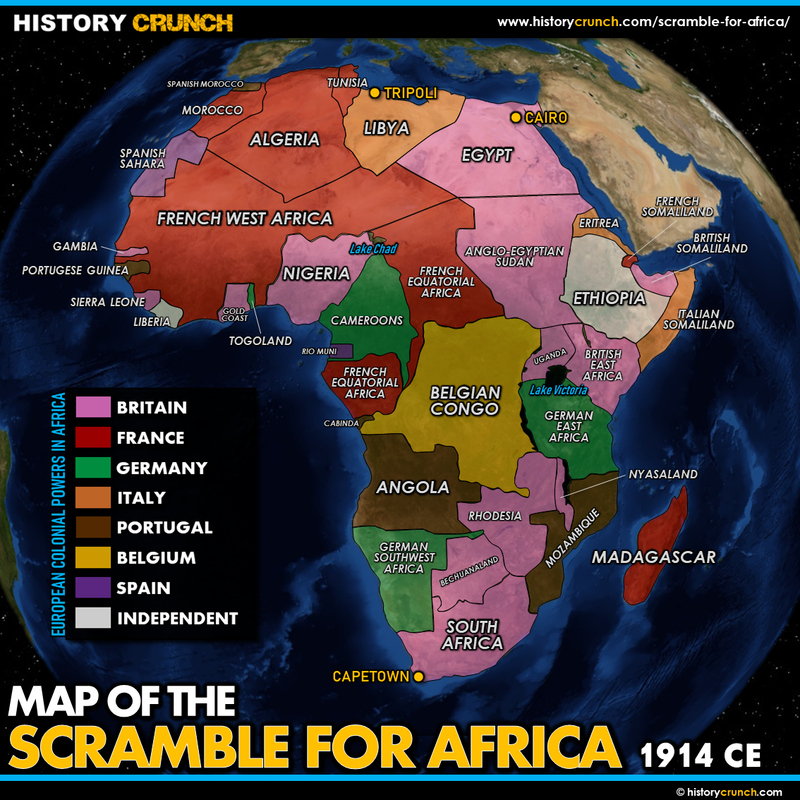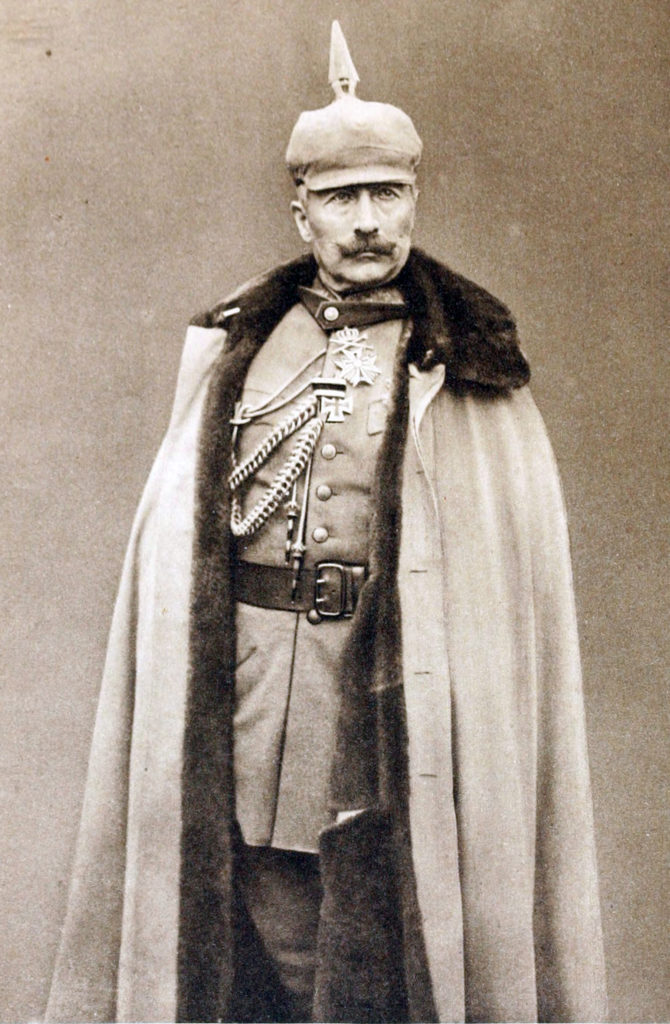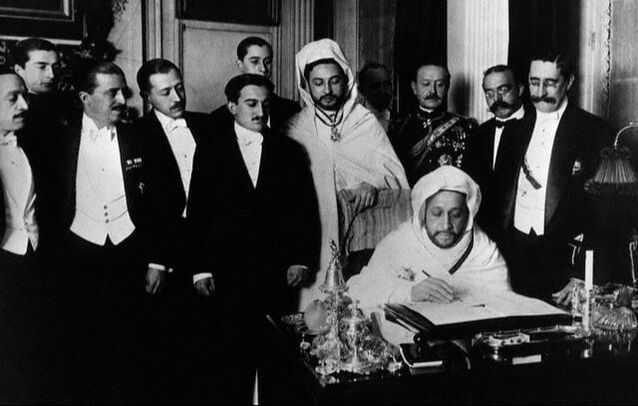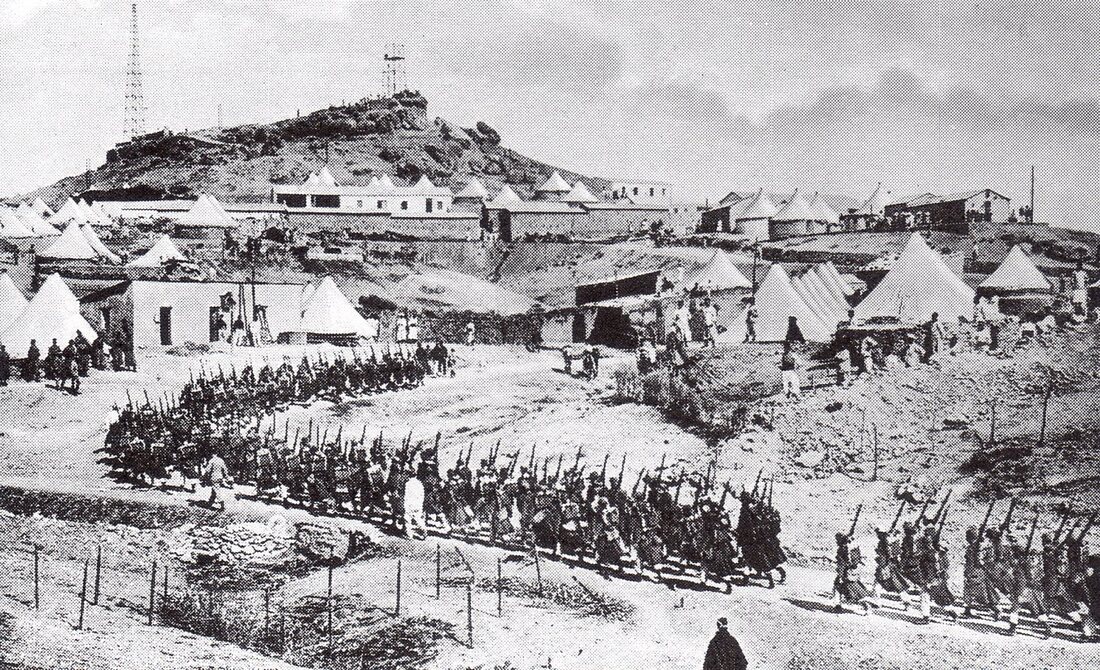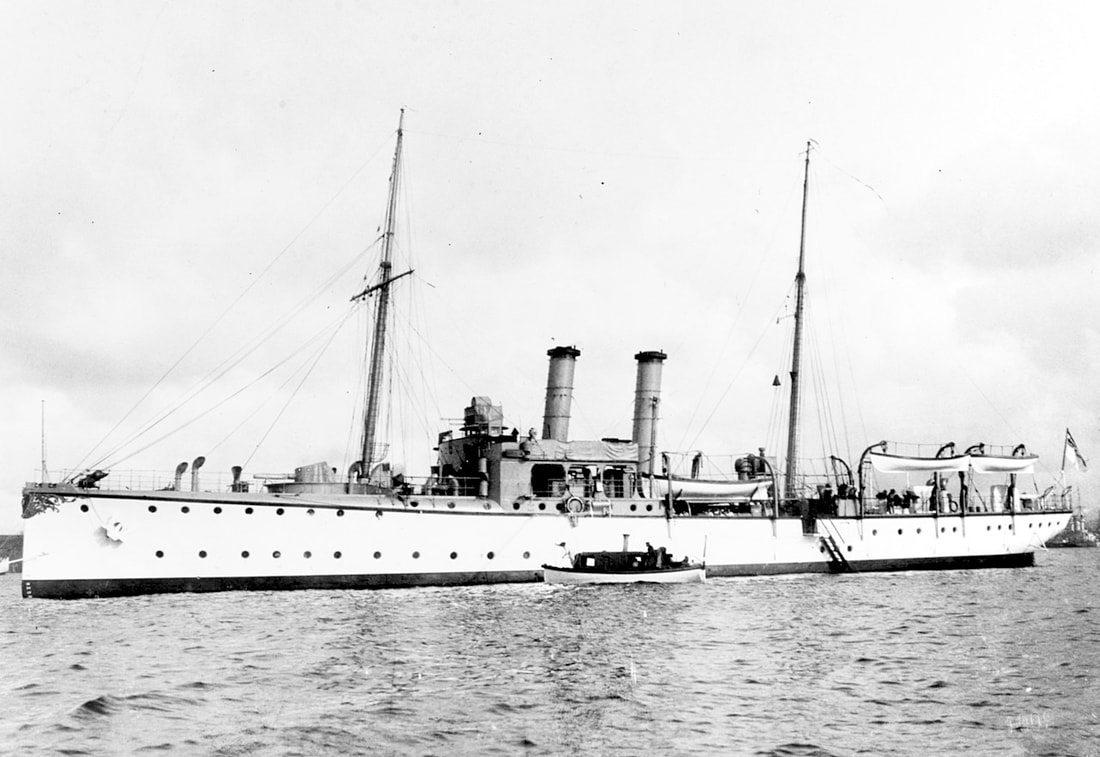SECOND MOROCCAN CRISIS
The Second Moroccan Crisis (which is also known as the ‘Agadir Crisis’) was an important conflict that took place from April to November in 1911 and led to increased tensions between the European powers. In fact, the major European nations (which included France, Germany and Britain) disagreed over the status of the African nation of Morocco and who should have influence over the region. France had considered the African nation of Morocco to be in its imperial ‘sphere of influence’, but Germany protested. In fact, the tensions over Morocco erupted just a few years earlier with the events of the First Moroccan Crisis, which occurred from 1905 to 1906. Historians consider the First Moroccan Crisis and Second Moroccan Crisis to be significant causes of World War I, because they increased the tensions between the European powers before the outbreak of the First World War in 1914.
WHAT CAUSED THE SECOND MOROCCAN CRISIS?
|
To recognize the importance of the Second Moroccan Crisis, its first important to understand the history and significance of European imperialism in the 19th century and early 20th century. Imperialism is understood as a process in which a country overtakes another country or region’s political, economic or social life. Imperialism was carried out by the powerful European nations against the rest of world in the decades before World War I began. For example, in the 19th century European nations carried out massive campaigns of imperialism against the regions of Africa in an event known as the Scramble for Africa. The Scramble of Africa led to the start of World War I because it increased the rivalry between the European nations as they fought against each other for territory in Africa and control over different regions. The Second Moroccan Crisis (along with the earlier First Moroccan Crisis) was one of these significant times in which tensions from European imperialism created conflict between the main powers in Europe.
|
In general, European imperialism of Africa created tensions in that Germany felt left out of territory in the region. For instance, Britain and France were the two Europeans nations that had control over the largest regions of Africa during the Scramble for Africa and this caused tension with Germany. Germany was angry that it lacked the colonies in Africa (as well as Asia) that both Britain and France had and resented their general role in Africa. For example, in 1914, Britain had 56 total colonies around the world; France had 29 colonies and Germany was limited to just 10 colonies. This anger by Germany led to the First Moroccan Crisis and the Second Moroccan Crisis.
The First Moroccan Crisis (which is also known as the ‘Tangier Crisis’) took place from March 1905 until May of 1906 and led to increased tensions between the European powers of France and Germany. The event that sparked the First Moroccan Crisis was a visit to Morocco by the German Kaiser, Wilhelm II, on March 31st in 1905. The First Moroccan Crisis was eventually resolved at the Algeciras Conference, which took place from January 16th until April 7th in 1906 and was held in Algeciras, Spain. At the conference, Germany hoped to gain support from the other European nations for its role in Africa. However, the Algeciras Conference ended up being a failure for Germany, as almost all of the nations present sided with France in the dispute. In fact, only Austria-Hungary agreed with Germany’s view. Whereas, France had the support of the following: Britain, Italy, Russia, Spain and the United States.
MAJOR EVENTS OF THE SECOND MOROCCAN CRISIS
The Second Moroccan Crisis (or the ‘Agadir Crisis’) began in April of 1911 in the midst of a rebellion against the Moroccan Sultan Abdelhafid. The people of Morocco had begun to rebel against the Sultan following accusations of torture and other terrible acts carried out by his government. In fact, the rebels were so successful that they were able to surround Abdelhafid in his palace in the northern Moroccan city of Fez. Since France considered Morocco to fall under their imperialistic influence, they sent in troops in to regain control of the situation. This act by France angered Germany, as they resented French success in Africa.
Germany responded to France’s military involvement in Morocco by sending the SMS Panther gunboat to the Moroccan coastal city of Agadir during the rebellion. Similar to the First Moroccan Crisis, German actions in Morocco led to heightened tensions between the European nations. More specifically, France and Britain were allied with each other as part of the Entente Cordiale. The Entente Cordiale was an agreement between France and Britain that was finalized on April 8th in 1904. It linked the nations militarily and as such, led to France and Britain facing off against Germany in the Second Moroccan Crisis. In fact, the arrival of the German gunboat in Morocco worried Britain because they had naval interests in the region and were concerned that Germany might use the opportunity to challenge this. At the time, Britain had the largest and most powerful navy in the world, but Germany was actively trying to challenge Britain for control of the seas. In fact, historians have noted that the two nations participated in a ‘naval race’ in the years leading up to the 1914 outbreak of World War I.
By July of 1911, both France and Germany began seeking an end to the crisis. As such, Germany presented France with a set of terms that would end the Second Moroccan Crisis. In the agreement, France would take over control of Morocco as a protectorate but would be required to turn over some its territory in the French Congo as compensation to Germany. A protectorate is a term used during the Age of European Imperialism to describe a nation that maintains control over its own affairs but is ultimately dependent on a European power for some economic, political, and militaristic assistance.
France and Germany eventually held a convention on November 4th of 1911 called the Franco-German Accord. In general, France agreed to turn over some of its territory in the Congo in exchange for German recognition of France’s status in Morocco.
OUTCOMES OF THE FIRST MOROCCAN CRISIS
In general, the Second Moroccan Crisis (along with the First Moroccan Crisis) set the stage for World War I. It heightened tensions between the European nations and further divided the continent by the alliances. For example, the Second Moroccan Crisis caused France against to rely on its agreement with Britain, and eventually led to the development of the Triple Entente. In fact, British Prime Minister, David Lloyd George, considered Germany’s actions in the Second Moroccan Crisis ‘humiliating’ and made a famous speech in which he argued against maintain peace in Europe. As such, this highlights the growing anger and mistrust between the European nations in the build up to World War I.
CITE THIS ARTICLEAUTHOR
|
|

